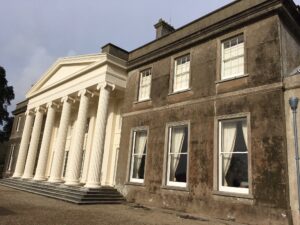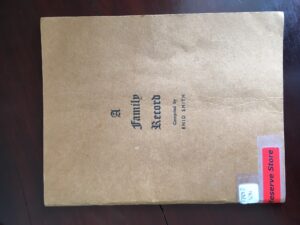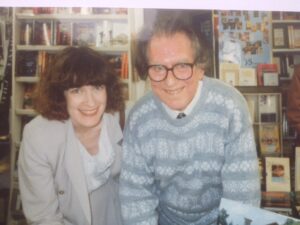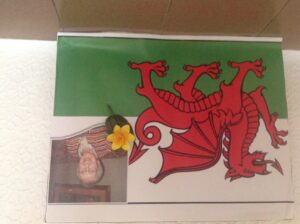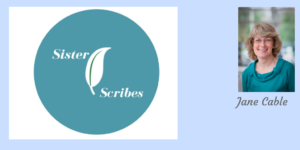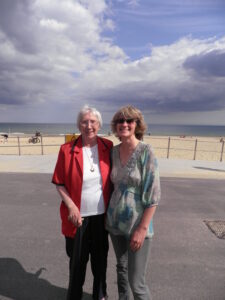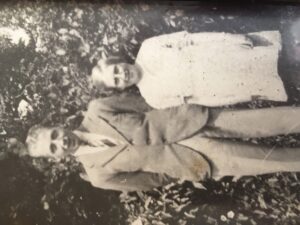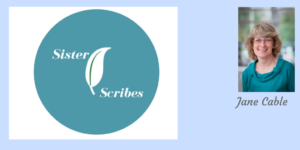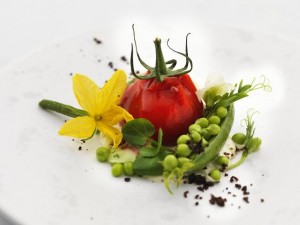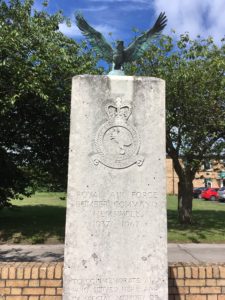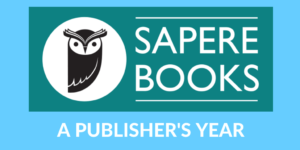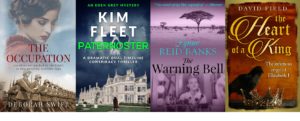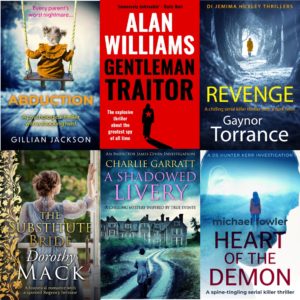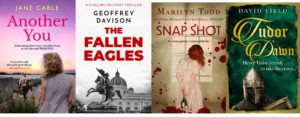At the end of June Jane Cable was poised to start writing The Lost Heir. Did it happen? Not a bit of it…
There were several reasons for my lack of progress, most of which I can share. We had a week or so’s holiday planned early in the month, and publication of The Missing Pieces of Us, my first title writing as Eva Glyn, was scheduled for the 21st. What I wasn’t anticipating were the scale of the structural edits for The Olive Grove, Eva’s second book.
Let me explain a little about this process. As an author you submit a final draft manuscript to the publisher, and your editor reviews it with the objective of making it better. My editor at Sapere Books does most of the work for me, so basically my input is to read, negotiate, and perhaps add a few extra tweaks. Eva is signed to a bigger publishing house (0ne More Chapter is a division of Harper Collins) and the system is entirely different.
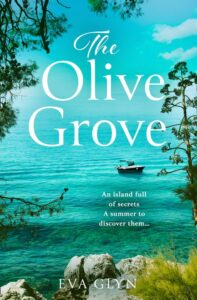 So I received an editorial letter telling me in some detail what they would like me to do to improve the book. At this point people often ask questions along the lines of ‘don’t you mind?’. Of course I don’t mind – it is absolutely fantastic to have detailed feedback that will make the book a real joy for readers and a story that will stay with them long after they have finished it.
So I received an editorial letter telling me in some detail what they would like me to do to improve the book. At this point people often ask questions along the lines of ‘don’t you mind?’. Of course I don’t mind – it is absolutely fantastic to have detailed feedback that will make the book a real joy for readers and a story that will stay with them long after they have finished it.
You lose perspective on your own book – or at least I do. Just before the submission deadline it seems common amongst authors to loath your manuscript, but even once you are over that you still need to accept that you probably can’t see the wood for the trees.
The problem was that I needed to juggle the edits not only with a full on holiday – a historical tour of Hadrian’s Wall – but also with our nephew coming to stay. This meant everything else had to be swept to one side, but my husband was magnificent, taking over all the domestic duties (he does most of them anyway as I am so useless!). And I suspect he enjoyed some ‘boy time’ with our nephew too.
So in the main I have spent a large chunk of July editing The Olive Grove and I absolutely know I have a better book, which I can’t wait for you to be able to read in September. And the last few days I’ve been running around like a headless chicken on social media, what with the launch of The Missing Pieces of Us, and The Forgotten Maid being on Netgalley ready for publication next month.
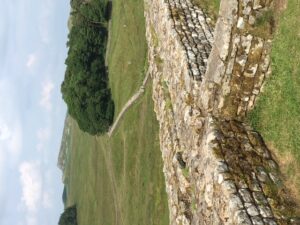 But I also had a holiday. We had intended to do a long distance walk but instead found ourselves drawn to a historical tour led by a university professor, where we would learn so much about the Romans who built and defended Hadrian’s Wall. It was a fascinating week when we went from one end of the wall to the other – and beyond it to outposts in the north. We visited all the famous sites; Vindolanda, Housesteads, and were shown around Birdoswald by Tony Wilmot, the archaeologist responsible for digging most of the fort over the years. It wasn’t only fabulous, but a break I needed to return refreshed and hit the ground running.
But I also had a holiday. We had intended to do a long distance walk but instead found ourselves drawn to a historical tour led by a university professor, where we would learn so much about the Romans who built and defended Hadrian’s Wall. It was a fascinating week when we went from one end of the wall to the other – and beyond it to outposts in the north. We visited all the famous sites; Vindolanda, Housesteads, and were shown around Birdoswald by Tony Wilmot, the archaeologist responsible for digging most of the fort over the years. It wasn’t only fabulous, but a break I needed to return refreshed and hit the ground running.
And as for The Lost Heir? This month I’m going to wise up and make no promises in that respect at all!


